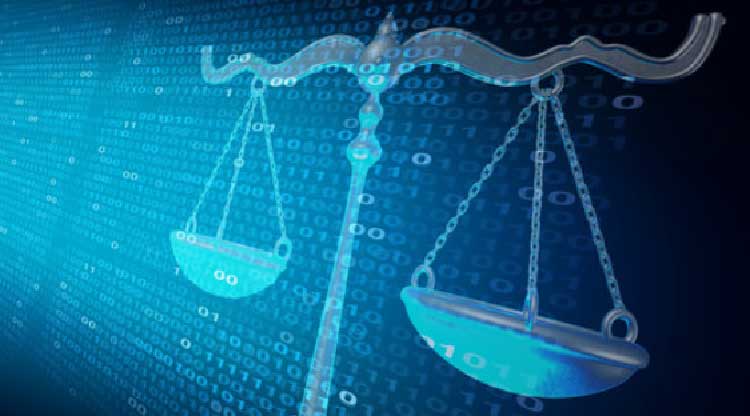Law enforcement in the modern world has evolved significantly over the years, with advancements in information technology playing a crucial role in shaping the way crimes are investigated and prevented. From cybercrimes to using data analytics for predictive policing, law enforcement agencies are constantly adapting to keep up with the changing landscape.
Evolving Role of Law Enforcement
The role of law enforcement agencies has evolved from traditional methods of patrolling and responding to crimes to incorporating sophisticated technology in their operations. With the rise of cybercrimes and online fraud, police departments have had to invest in training their officers in digital forensic techniques and cyber investigations. Additionally, the use of drones for surveillance and facial recognition technology has enabled law enforcement to enhance public safety and track down criminals more effectively.
Impact of Information Technology
Information technology has revolutionized the way law enforcement agencies gather, analyze, and share information. The use of databases and software systems for storing criminal records and evidence has made it easier for officers to connect the dots and solve complex cases. Moreover, social media platforms and online communication channels have become valuable tools for intelligence gathering and monitoring criminal activities. Real-time data sharing between different agencies has also improved coordination and collaboration in solving crimes.
Challenges and Opportunities ahead
While information technology offers numerous benefits to law enforcement, it also presents challenges that agencies must navigate. Data privacy concerns, cybersecurity threats, and the ethical use of surveillance technologies are some of the issues that law enforcement faces in the digital age. However, with proper training and resources, law enforcement agencies can leverage technology to prevent crimes, improve response times, and enhance public trust. The use of predictive analytics and artificial intelligence can also help in identifying patterns and trends to prevent crimes before they occur.
In conclusion, the integration of information technology in law enforcement has both transformed and challenged the way crimes are investigated and prevented. As technology continues to advance, law enforcement agencies must adapt and embrace new tools to stay ahead of criminals. By addressing the challenges and seizing the opportunities presented by information technology, law enforcement can better serve and protect their communities in the modern world.

